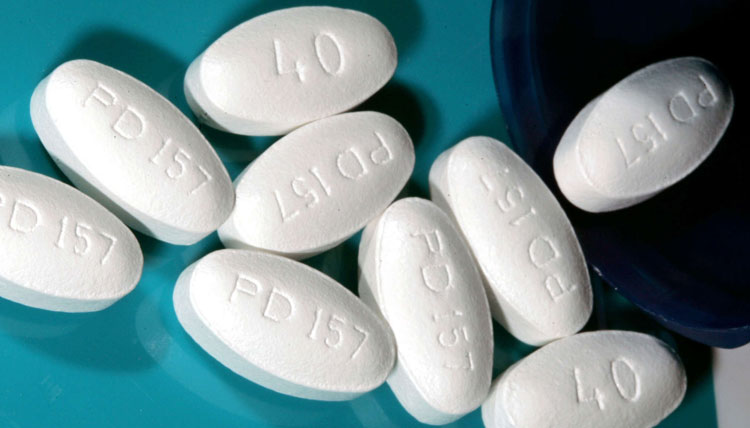Althera Pharmaceuticals, a producer of cardiovascular drugs, is being investigated by the FDA for its cholesterol oral delivery medicine, Roszet. The FDA’s Office of Prescription Medication Promotion is watching the drug, which combines two common cholesterol therapies into one pill, for promotional statements about its efficacy and risk.
The FDA maintains, among other things, that the data cited by the Morristown, New Jersey-based company does not support these assertions. The FDA wrote in an undated letter that such violations are especially concerning from a public health point of view because the advertising communication creates a false picture concerning the protection and efficiency of Roszet, which is a drug with numerous serious and potentially fatal risks.
Roszet, which will be available in 2021, combines the statins rosuvastatin and ezetimibe, a cholesterol uptake inhibitor, into a one-two punch. The pill has been authorised for adults to treat increased low-density lipoprotein cholesterol (LDL-C) in adults with basic non-familial hyperlipidemia and homozygous familial hypercholesterolemia, either alone or in combination with other LDL-C-reducing medications.
While statins are the primary line of treatment for lowering blood cholesterol, research has shown that combining statins with absorption inhibitors has substantial advantages. What is the significance of this? Roszet’s claims on this point, according to the federal watchdog, are false, not least since the research was not conducted by Roszet.
The FDA scoffs at Althera’s assertions of LDL-C reductions at specific doses: 59% at 5 mg, 64% at 10 mg, 66% at 20 mg, and up to 72% at 40 mg, as the brand boasts on its consumer splash page, and the company’s claims of “total” LDL-C reductions are not based on any Roszet studies. Rather, the technique utilised to create these percentages incorporates the results of two separate and incompatible research projects, the government claims. In patients with early hyperlipidemia, coronary heart disease, or several cardiac risk factors who had not accomplished their target LDL-C targets, one study looks at rosuvastatin alone, while the other considers the advantages of ezetimibe coupled to continued statin medication.
The business effectively sliced and diced the figures by merging the results of the two studies, neither of which examined Roszet’s combination of rosuvastatin and ezetimibe, contemplating that the research findings vary in patient population, statin type and dose, and test duration. While the FDA claims that the research Roszet cites supports the agency’s finding of safety and efficacy for the drug’s labelled indication of lowering LDL-C in certain patients, the studies’ multiple limitations negate their value in supporting any broad claims about the drug’s assisting patients in achieving specific LDL-C levels.
The FDA also singles out one example of what it terms false statements about a certain level of LDL-C (70 mg/dl) that patients can reach with just one pill per day, according to Roszet material. The issue, according to the FDA, is that the statement is based on studies in which the sub-70 mg/dl level was just a second outcome, and one of several in the research.
The FDA warned that as the number of endpoints assessed in a single research grows, the risk of drawing incorrect conclusions regarding the effect of the drug with regard to one or more of these endpoints can become a concern if proper multiplicity adjustment is not made. Althera now has two weeks to respond to the letter, and it may need to adjust its drug promotion strategy. Ezetimibe/Atorvastatin tablets (AL-310), the company’s second medication, has received FDA approval in both the United States and Europe and is scheduled to be available to patients next year.
The FDA has only issued three untitled letters this year, the other two being for Eli Lilly’s promotion of the diabetes drug Trulicity and Bausch’s skin treatment Duobrii.



















